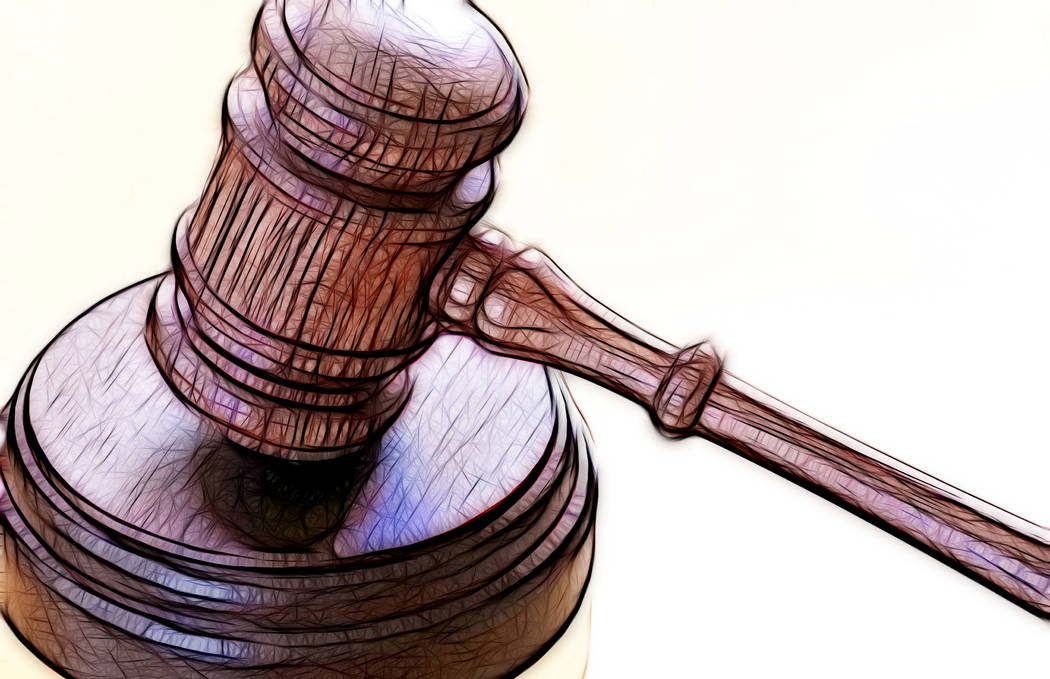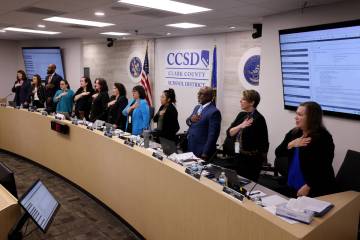EDITORIAL: Nevada should look at a Virginia program that helps the low income cope with judicial fines
More and more states and local governments are beginning to recognize that judicial fees and fines can bury low-income offenders to the point of no return. Those who lack the means to pay can become trapped in an unfortunate cycle of warrants and rising financial obligations resulting in jail time.
The Associated Press last week highlighted the case of Steven Robinson, a Virginia man who ended up behind bars after he racked up $12,000 in court debt. Thanks to the unpaid fines — and more fines tacked on for failing to pay the original fines — his driver’s license had been suspended for 20 years, making it even more difficult for him to hold a steady job.
But thanks to an innovative program in Charlotteseville, Va., Robinson was able to work off much of his debt by performing court-approved community service. The initiative pays offenders minimum wage to carry out tasks such as clearing trash or maintaining parks. Robinson has registered more than 1,000 hours and now owes less than $5,000.
“It doesn’t take long for court fines and fees to build up on people and if you create a mountain that’s too high to climb, people give up hope,” a Charlottesville judge told the AP. ”This lets people meet their obligations and holds them accountable but it gives them a way forward.”
Robinson’s predicament is by no means unusual. A year-long investigation by National Public Radio in 2014 found that “the costs of the criminal justice system in the United States are paid increasingly by the defendants and offenders. It’s a practice that causes the poor to face harsher treatment than others who commit identical crimes and can afford to pay. Some judges and politicians fear the trend has gone too far.”
The national Conference of State Court Administrators likened it to a “modern-day version of debtors’ prison.”
This is not about leniency. Those who break the law must suffer the consequences. Fees and fines can indeed play a role in deterring misbehavior. But what’s the point in levying heavy financial penalties against those who will never be able to pay?
The Charlotteseville program at least provides some benefit to society while providing indigent offenders the opportunity to clean the slate.
The judicial system is an integral and legitimate function of government and should be funded through general tax revenues rather than user taxes. Lawmakers — including those in Nevada — should investigate alternative methods for people with limited resources to meet their obligations when they face court fines.
Taking a look at the Virginia blueprint would be a good place to start.




























